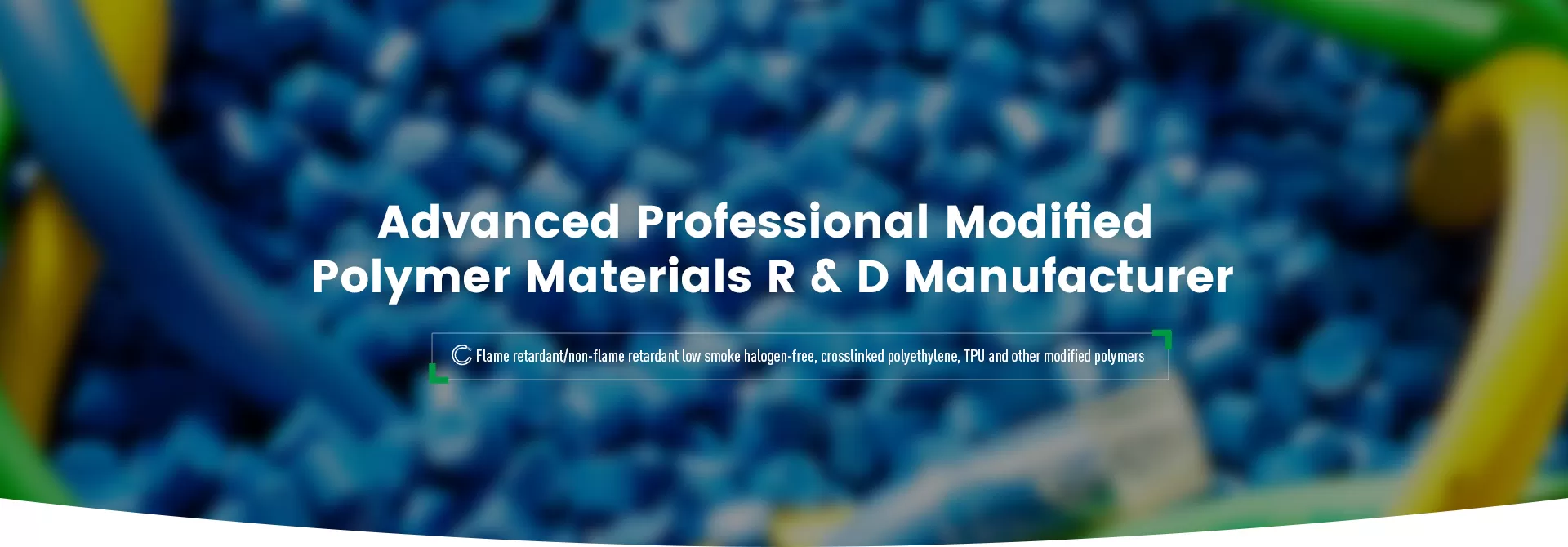

It has good extrusion performance and anti-yellowing performance. It is suitable for electronics, high-temperature wires and cables produced by extrusion process, waterproof and moisture-proof silicone tubes, sealing strips, silicone sheets and other silicone rubber products, as well as some high-end application scenarios with high tear resistance and transparency requirements.
Product features:
·Good roller processing performance, non-stick roller, easy roller, moderate plasticity
·Good extrusion performance, smooth extrusion. Good extrusion surface.
·Good mechanical strength, excellent tear resistance and electrical properties
·Comply with ROHS, REACH and other regulations
·For hot drying oven vulcanization, it is recommended to add platinum or di-2-4 vulcanizer, the addition amount is preferably 0.8-1.5%; for steam continuous vulcanization, it is recommended to add di-2-5 vulcanizer, the addition amount is preferably 1-1.5%. The vulcanization temperature is 160-380℃, which is determined by the equipment, wire diameter and wire extrusion speed.
Application areas:
·Extrusion of insulation layer and sheath layer of wire and cable, etc.
·Production of high-voltage and low-voltage cables for automobiles, cables for ships, etc., in accordance with standards LV112, LV216, ISO6722, QC/T1037, and can meet the requirements of 150℃, 180℃ and 200℃ grades。
High temperature resistance: Silicone cable materials can withstand extreme temperature conditions and are suitable for high temperature environments. The long-term working temperature can reach more than 200°C.
Cold resistance: Silicone materials can also maintain good elasticity and flexibility at extremely low temperatures, ensuring reliability in cold environments.
Excellent electrical insulation: Silicone cable materials provide excellent electrical insulation performance, ensuring the safety and reliability of cables when transmitting electrical energy.
Chemical corrosion resistance: Silicone materials have excellent tolerance to most chemicals, including acids, alkalis and organic solvents, and are suitable for occasions with complex chemical environments.
Ozone and UV resistance: Silicone cable materials are resistant to ozone and UV erosion and are suitable for use outdoors or exposed to harsh weather conditions.
Biocompatibility: Silicone materials are often used in medical devices because they are non-irritating to human tissue and have good biocompatibility.
Transparency: Some types of silicone cable materials have good transparency, which helps detect and identify problems in the cable.
Environmental compliance: Silicone cable materials generally meet environmental protection requirements such as ROHS and are certified by the US FDA, making them suitable for applications with strict environmental standards.
Low maintenance: The durability and stability of silicone cable materials reduce maintenance requirements and costs.
Customizability: Silicone cable materials can be customized to meet specific application requirements, including color, hardness, size and shape.
Suitability for extrusion processing: Silicone materials are suitable for various extrusion processes and can be efficiently produced by automated silicone extruders.
Versatility: The versatility of silicone cable materials makes them suitable for a wide range of applications, including automotive, aerospace, medical devices, high-end home appliances, etc.
| Index | FSR60 | FSR70 |
| Appearance | Milky-white, transparent | |
| Plasticity | 250±30 | 260±30 |
| Hardness Shore A | 58±3 | 67±3 |
| Density, g/cm3 | 1.20±0.03 | 1.20±0.03 |
| Tensile Strength, (Mpa)≥ | 9 | 9 |
| Elongation at Breakage, (%)≥ | 350 | 400 |
| Tear Strength, (N/mm)≥ | 20 | 22 |
| Volume Resistivity, (Ω•cm)≥ | 10 15 | 10 15 |
| Breakdown Strength, (kV/mm)≥ | 22 | 22 |
| Operating Temperature | -50~200 | |